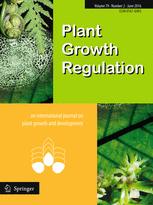
A researcher has threatened to sue publisher Taylor & Francis for mentioning a misconduct investigation into his work in a retraction notice.
According to the notice, the publisher retracted a 2008 paper and a book chapter after learning about a misconduct investigation into the work of Mark Jackson, a department head and endowed chair, respectively, at universities in Kansas.
Unfortunately, we don’t know much about the nature of the misconduct investigation; Jackson told us he initiated the retractions after raising concerns his colleagues had violated intellectual property. He has since told the publisher he would take legal action if it didn’t remove the phrase noting that the retractions stem from a misconduct investigation into his work from the notice.
Here’s the notice, issued by Materials Science and Technology:
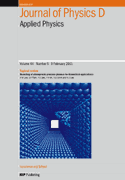
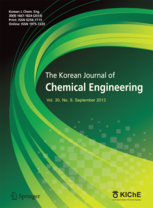
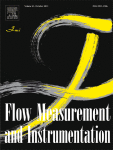 Yesterday we reported that
Yesterday we reported that 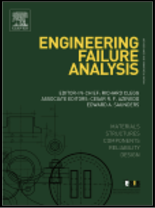
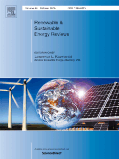

 With so many
With so many 